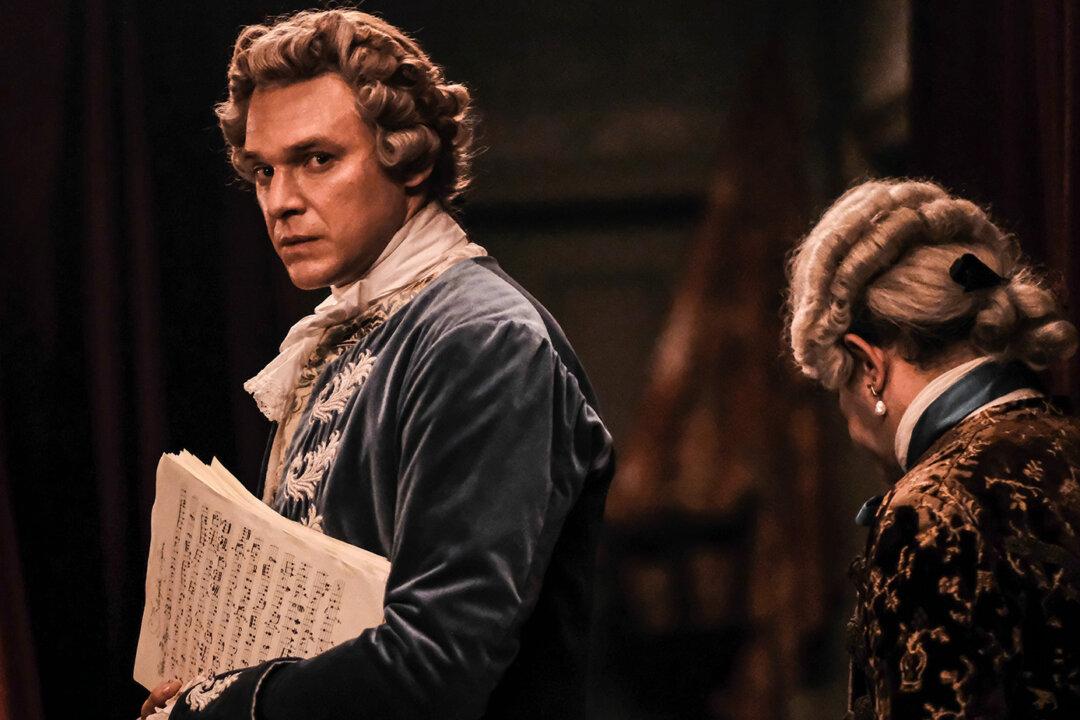NR | 2h 10m | Drama, Biography, History, Music | 2024
As someone with what I feel to be above-average knowledge of classical music, I have to admit I was more than a bit embarrassed that I’d never heard of Czech composer Josef Myslivecek.

NR | 2h 10m | Drama, Biography, History, Music | 2024
As someone with what I feel to be above-average knowledge of classical music, I have to admit I was more than a bit embarrassed that I’d never heard of Czech composer Josef Myslivecek.